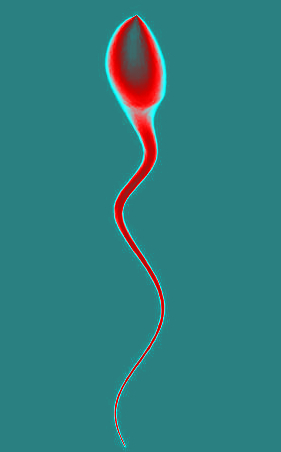IVF clinic told to destroy stock
 A Queensland fertility clinic has been directed by a state health ombudsman to destroy thousands of frozen sperm samples due to potential misidentification errors.
A Queensland fertility clinic has been directed by a state health ombudsman to destroy thousands of frozen sperm samples due to potential misidentification errors.
The Queensland government introduced legislation in June aimed at regulating the assisted reproduction industry in the state.
This follows revelations from an audit conducted by the Queensland Fertility Group (QFG), which identified thousands of sperm samples frozen before 2020 as being at high risk of misidentification due to a lack of double witnessing, according to a report by the state's health ombudsman.
Double witnessing is a common practice in health settings designed to identify errors and enhance patient safety.
Health Ombudsman Lynn Coulson Barr’s report, commissioned by Queensland Health Minister Shannon Fentiman, found that while 96 per cent of QFG's sperm donations after 2021 were rated as low risk, four per cent were still considered medium or high risk.
This report follows media investigations into Australia's lucrative IVF industry, which found that corporate giants like QFG often fail to own up when things go wrong.
The reports reveal a lack of transparency and accountability within the industry, which is overseen by an industry-funded regulator.
In one case, although a couple paid for the same donor to be used for three children, DNA testing revealed that their eldest son was not biologically related to his two younger brothers, who both suffer from serious health conditions.
QFG maintains that its records show the same donor was used for all three children.
Dr Coulson Barr’s report found ongoing issues with the appropriate collection, storage, and identification of sperm samples.
She recommended that the Reproductive Technology Accreditation Committee (RTAC) of the Fertility Society of Australia and New Zealand ensure that all assisted reproduction providers dispose of stored donor material that fails to meet current identification standards.
The report noted that some adverse events at QFG, such as incorrect labelling of frozen semen, were not reported to RTAC, the industry regulator.
It also highlighted a “certificate of agreement” between QFG and the Fertility Society of Australia and New Zealand (FSANZ), which resulted in heavily redacted audit data being provided to the Office of the Health Ombudsman (OHO).
“This certificate required that Provider E and FSANZ mutually commit to uphold the confidentiality of the contents of the audit reports,” Dr Coulson Barr wrote, raising significant concerns about the regulator's ability to provide independent oversight and transparency of assisted reproduction services in Queensland.
In a statement, Health Minister Fentiman said the legislation would provide more powers to Queensland Health to oversee providers.
“We really have had, for a number of years, a real lack of regulation for these providers. I was shocked when these families came to speak to me, which is what prompted me to ask the health ombudsman to begin her work,’ she said.
Dr Coulson Barr acknowledged in her report the significant impact of gamete mix-ups on families.
“The trauma and distress associated with these cases has been evident in the complaints made to the OHO,” she wrote, recommending appropriate counselling be offered to affected families.








 Print
Print